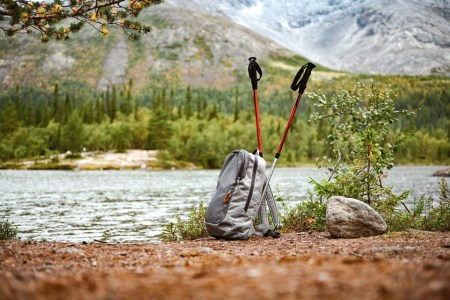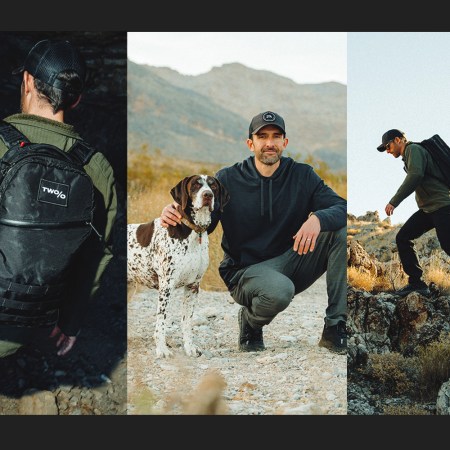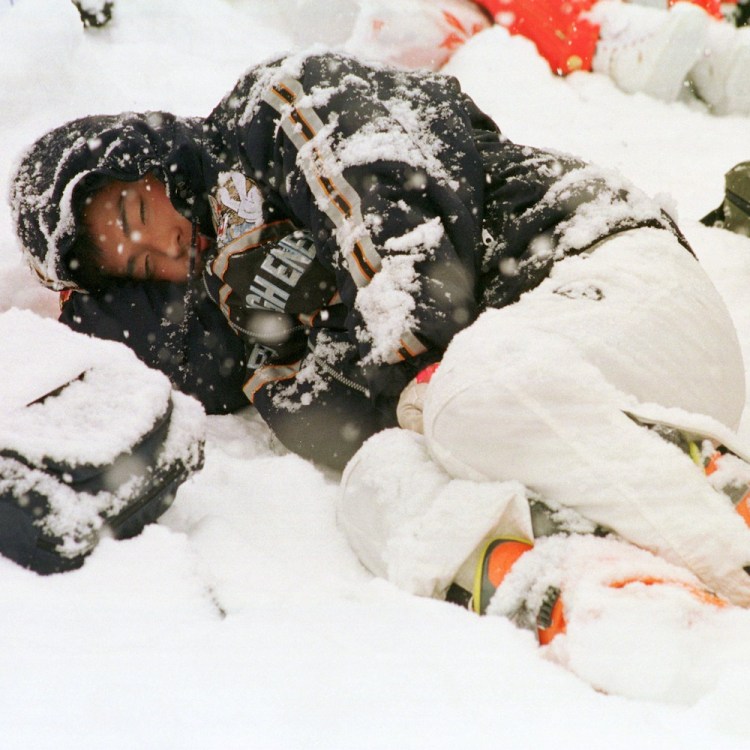Earlier this month, I had a conversation with friends about the lost art of navigation. There was a time not long ago when physical maps and hand-written lists of directions were the best ways to know how to get from point A to point B. And while these methods have some downsides — your navigator telling you to turn down a dead end, for instance — it isn’t hard to see why knowledge like, well, the Knowledge is still very valuable.
Nowadays, we’re much more likely to use GPS apps to get us where we’re going, which can generate headlines when the apps get things spectacularly wrong. But driving directions are only one way apps like these can be used for navigation, and a further complication has led some experts to raise an alarm over the risks posed by AI-generated hiking routes.
At the center of this controversy is AllTrails, a hiking app popular with experts and newcomers alike. Last month, AllTrails announced a new paid membership tier called Peak. Among the offerings included are “AI-powered custom trail routes” — and that’s where things get tricky. As Chloe Rose Stuart-Ulin reported at Canada’s National Observer, some professionals worry that this could exacerbate an existing issue.
“When hikers blindly trust AI-generated routes without checking maps, reliable resources, land manager websites, that sort of thing, they have that risk of getting lost or putting themselves in unsafe situations,” said Sandra Riches, executive director of BC AdventureSmart, an organization designed to reduce the need for search and rescue services. Stuart-Ulin also noted the recent case of hikers who required rescuing after asking ChatGPT to plan their route.
Research Suggests Hiking Poles Can Improve Fitness
Is it time to look into buying a pair?The initial AllTrails announcement didn’t go into much detail about what an “AI-powered” hiking route would actually entail, and in a statement given to Canada’s National Observer, the company noted that it “[works] directly with more than 600 public land managers and agencies” to make sure its routes are safe and verified.
It isn’t surprising that a tech company wouldn’t want to reveal too much about the inner workings of its product, but it’s also not surprising that rescue agencies are concerned about taking humans out of the loop entirely — especially with AI hallucinations on the rise.
The Charge will help you move better, think clearer and stay in the game longer. Subscribe to our wellness newsletter today.



















